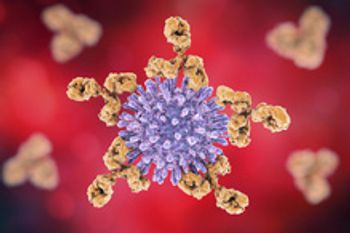
A large collective of researchers may be one step closer to developing a vaccine against HIV after engineering a protein that triggers a widespread antibody response.
Erin Hunter is an assistant editor at Pharmacy Times®. She is a proud alumna of the University of Massachusetts. She graduated with degrees in Journalism, Art History, and Environmental Conservation.

A large collective of researchers may be one step closer to developing a vaccine against HIV after engineering a protein that triggers a widespread antibody response.

The FDA approved the only companion diagnostic that is indicated to assess low levels of HER2 proteins in patients with metastatic breast cancer.
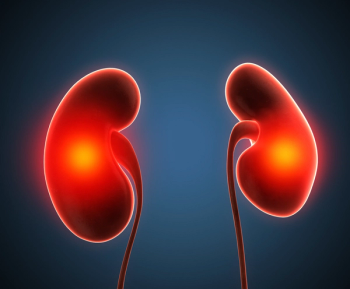
Understanding long-term frailty trajectories with kidney function measures could help prevent worse adverse health outcomes in older patients.
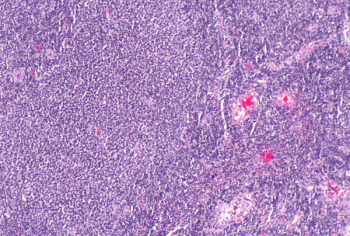
Mosunetuzumab showed promising results in complete response rate in patients with follicular lymphoma.

Teva Pharmaceutical Industries announced that fremanezumab can successfully reduce 2 common migraine comorbid symptoms—anxiety and depression.
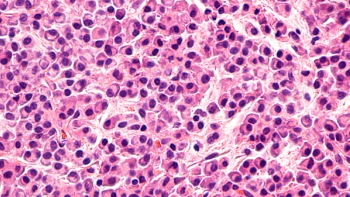
Biology and disease type may help determine which therapeutic options could work best for patients with Waldenstrom macroglobulinemia.

New research in immunotherapy is exploring vaccines to treat cancer, whether preventative or reactive against current tumors.

A researcher discusses how developing tertiary lymphoid structures may reach a greater maturity level within the tumor microenvironment.

The incremental use of drug combinations could prevent hospitalizations from heart failure among those who have higher ejection farction, a subgroup that struggles with insufficient data on treatments.

Research suggests that HIV risk-reduction interventions could help adolescent males who are attracted to the same sex—and part of a minority ethnic and racial group—decrease HIV-risk sexual behaviors in the short-term.

Yvonne Chen, PhD, discusses her research to engineer more safe and effective next-generation CAR-T therapy for cancer immunotherapy.
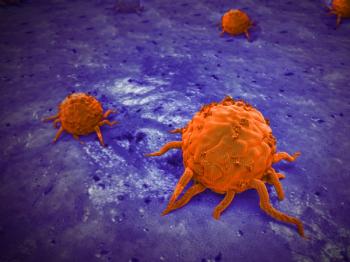
Two Houston Methodist cancer researchers were granted a quarter of a million dollars each to study some of the most lethal cancers.
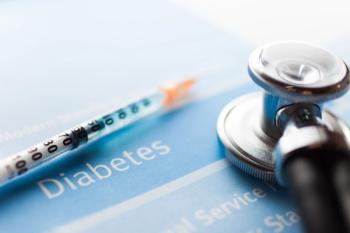
New research suggests patients with type 2 diabetes who have elevated glycated hemoglobin levels, even when on metformin, could benefit by adding glucose-lowering glargine.

For patients suffering from a higher left ventricular ejection fraction, a sodium-glucose cotransporter 2 inhibitor could decrease risk of hospitalization or death from heart failure.
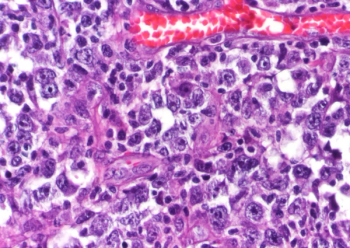
Combination treatment with ibrutinib found to increase median progression-free survival by 2.3 years compared to the placebo.

Patients could have a better immune response against the omicron variant of COVID-19 with a second booster of the bivalent mRNA-1273.214 vaccine at a 50 μg dose.

Research suggests that an HIV patient’s risk of heart attack increases with each passing decade, and this risk is nearly 3-fold among patients with HIV who are also positive for hepatitis C.

Certain states are proposing that out-of-state telemedicine care should be more accessible, which researchers believe is a trend that will continue.

A new cell isolation kit was approved by the FDA to decrease the amount of time needed in a lab and lower overall costs for testing tuberculosis.

In a recent study, researchers observed that more than one-third of children with a primary immunodeficiency disease died from COVID-19.

Research suggests that acupuncture may be able to clinically reduce symptoms of anxiety in this patient population.

Semaglutide is a traditional type 2 diabetes treatment that may help obese individuals lose weight, especially if given at a higher dose.

Following the success of the phase 3 EMERGENT-2 trial, researchers suggest that xanomeline-trospium could be a safe and effective treatment option for adults with schizophrenia.
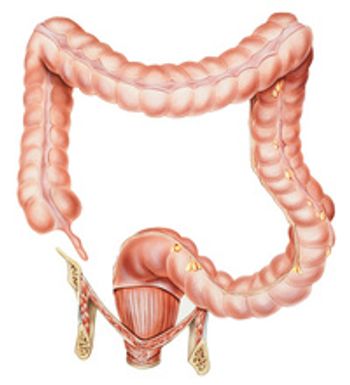
The FDA accepted a supplemental New Drug Application for tucatinib to treat HER2 colorectal cancer, which could significantly improve outcomes for these patients.
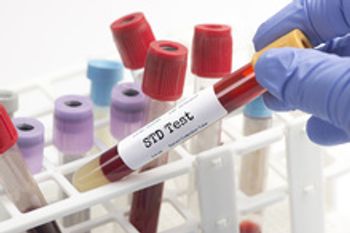
After 4 years, the 1-time cost of valoctocogene roxaparvovec appeared to be more cost-effective than the annual cost of emicizumab prophylaxis for hemophilia A, according to a new Draft Evidence Report.

Nivolumab is a biomarker that has been shown to benefit the survival of patients with stage 2 melanoma patients compared with placebo.

Adults with type 2 diabetes may benefit from eating more whole grains, fish, fiber, and omega-3 fatty acids in their diet, which could lower co-morbidities associated with death.

Black women are suggested to be diagnosed with stage 3 HR-positive breast cancer and receive longer neoadjuvant endocrine therapy more often than White women.

New research suggests that 200 g/day of milk can reduce the risk of type 2 diabetes by 10%.

Study indicates that a diet high in ultra-processed food is more likely to increase the risk of colorectal cancer in men than it is women.